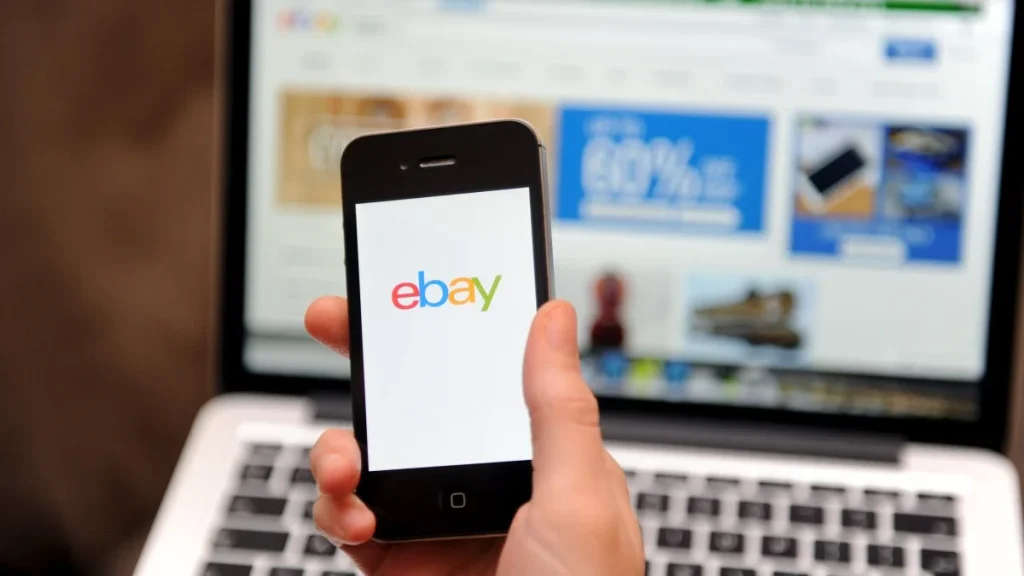On January 8, 2020, Facebook and eBay signed agreements with the UK’s Competition and Markets Authority (CMA) to aggressively tackle fake and misleading product reviews.
The CMA’s investigation, spanning November 2018 to June 2019, uncovered a “thriving marketplace” for fake reviews, with over 100 eBay listings and 26 Facebook groups involved in selling or recruiting for bogus reviews.
Andrea Coscelli, CMA chief executive, stated, “Millions of people base their shopping decisions on reviews, and if these are misleading or untrue, then shoppers could end up being misled into buying something that isn’t right for them.”
Actions Taken by Platforms
In response, Facebook removed 188 groups and disabled 24 user accounts, while eBay banned 140 users. Neither company intentionally allowed such content, but both committed to preventive measures.
Facebook pledged to use automated technology to detect and remove fraudulent reviews, stating, “We know there is more work to do and are working with the CMA to address this issue.”
eBay enhanced its filtering system to block review listings, with a spokeswoman affirming, “We maintain zero tolerance for fake or misleading reviews and will continue to take action against any seller that breaches our user policies.”
Consumer Protection Implications
The CMA’s actions aim to protect consumers, as over three-quarters of UK internet users rely on reviews, influencing billions in spending. Fake reviews, illegal under consumer protection law, undermine fair competition.
The agreements mark a step toward cleaner online marketplaces, with both companies promising robust systems to prevent future violations.






